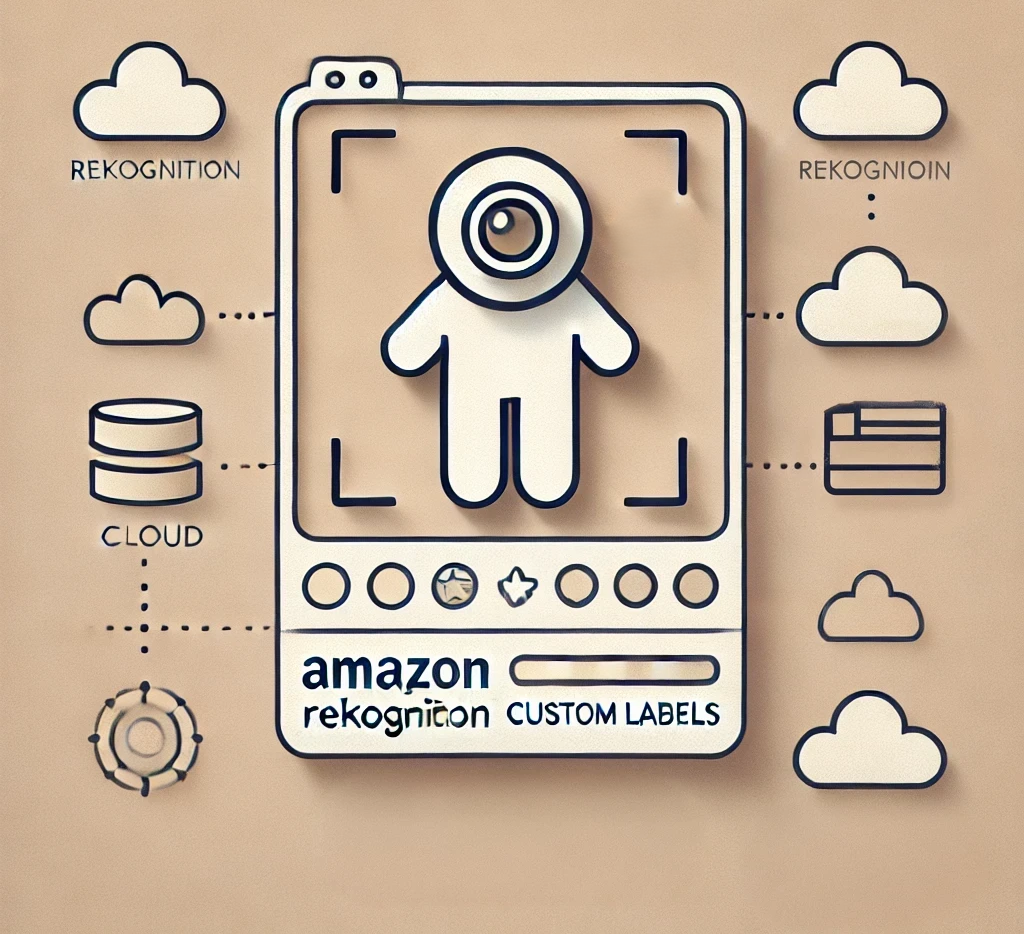Nader Dabit is a Senior Developer Advocate at AWS, where he helps bring customer feedback to the AWS engineering teams. Nader is a frequent presenter, author, and creator, and has founded React Native Training, React Native Elements, and JAMstack CMS to name a few. In a recent conversation on the Talking Serverless podcast, Nader speaks with Ryan Jones, founder & CEO/CTO of Serverless Guru, about his personal projects as well as some insight on the value of customer feedback in the serverless industry.
Ryan Jones: How are you doing today, Nader?
Nader Dabit: Hey, Ryan, I’m doing wonderful. Thank you for having me.
Background
Q: I guess the first question will be what led you into tech and then we can get out to how different has it been working for AWS?
Nader Dabit: I got into it, I wouldn’t say by accident, but something like that. I was working in my family’s business and we wanted to build an e-commerce site. We were never able to get our e-commerce site up and running so I decided to try to build it myself. That led me to WordPress, which led me to being able to start writing a little bit of code here and there, PHP, CSS, HTML, etc. I moved to L.A. and did consulting there for around a year and a half. After that, we moved back to Mississippi and I’ve lived there since. I started AWS a little over two years ago while I was still focusing on React Native training in my consulting company. I ran into the team that I’m currently on and had the opportunity to see a roadmap of some of the vision that they had. I was sold immediately because it was exactly where I wanted to be. It used a lot of the tech that I was already interested in, and was an opportunity for me to expand my skill set and be on an awesome team.
Q: How is that transition from WordPress to the more “modern development” that you’re doing now with React Native?
Nader Dabit: I transitioned directly into these more cutting edge, front end technologies as my first job, and ever since then, I’ve been extremely interested in building modern UI’s but also in cross-platform mobile development. Now I’ve become a specialist in React Native over the last couple of years and I’m interested in Flutter and things like that. WordPress, I would say was a good introduction because you get introduced to the entire stack, the back end, the front end, and the database aspects. From there I was able to see what interests me the most. I think WordPress was great because it allowed me to get up and running with a full stack application that I was able to use competently without actually knowing how to code at the time that well.
Q: Did you ever go to any companies where they had a traditional architecture and then try to bring in more modern practices or a different way of developing?
Nader Dabit: No, not really, because up until just a few years ago, I was primarily a front end developer. And the only thing that I was doing as far as bringing change was running React Native training and we were going into these companies and training native developers to become cross-platform developers. And I would say that it’s a similar idea because we were abstracting away a bunch but introducing a new platform.
JAMstack
Q: What was the inspiration behind JAMstack? Was it your WordPress background or was it just seeing a gap there?
Nader Dabit: At first I was kind of just building it out to see what would happen. Then over time I was like, okay, this is actually going to work. So I continued building out an early v0.1, like a beta version. And that’s really where it is right now. And I think it might be another year before I will release what I would consider to be a version 1. But I do like to launch early to get feedback from people and see what people like and don’t like, and also allow people to contribute as well.
Q: For those who don’t know, where can people find and access JAMstack?
Nader Dabit: There’s a JAMstack CMS organization now and there’s JAMstack CMS/JAMstack CMS. Then I’ve added a new project called JAMstack E-Commerce. The full stack solution that I’ll be deploying or releasing sometime is kind of like the end-to-end solution, like JAMstack CMS is.
Q: If you look back on when you started your career and you built the WordPress site, is JAMstack E-commerce something you wish you had back then?
Nader Dabit: If you look at what WordPress offers, it’s pretty solid. I think one of the main things with JAMstack CMS and Gatsby is really what’s behind all of the stuff on the front end. It just brings lightning fast speed and a very good user experience because everything is statically generated and you’re serving up straight up HTML. And also, if you’re hosting on Amplify Console or something like that, you’re actually having everything cache at the CDM level so it’s even faster. So that’s one big improvement over some of the old tooling.
Prioritization
Q: The customer quest part has been a main driver with AWS from the beginning, like listening to customer feedback then making sure that goes towards the top the list?
Nader Dabit: Yeah, it definitely just seems to work that way. If you actually go by that things seem to work out in your favor instead of worrying about competition or what someone else is doing or even what other people are saying about you. If you just continue focusing on the things that people ask for directly that have used what you’re working on and just take that feedback and iterate and improve over and over and over, then over time you just end up with something that works really well. And something that other people like because you’ve already solved the problems that other people have had.
“ If you just continue focusing on the things that people ask for directly that have used what you’re working on and just take that feedback and iterate and improve over and over and over, then over time you just end up with something that works really well. And something that other people like because you’ve already solved the problems that other people have had.”
Q: When you have all these different things going on, how do you go about actually saying this one’s the most important or these things aren’t the most important? And how do you structure that in your own life?
Nader Dabit: I mean, it’s kind of hard to do that. I have a couple of things that I do, but nothing really ends up being perfect. I do like having a Trello board and in the Trello board, I’m able to organize things based on importance. And for me, I had to have so much stuff going on. It really helps for me to keep that Trello app open on my phone and my computer. Trello, for me, just works well with my mental model.

Future of Development
Q: When it comes to your opinion, what do you see as the future of development, where do you think we’re headed?
Nader Dabit: Now if you look at cloud computing in general and you look at how this space is continued to progress. You’re also seeing the abstractions continuing to be added there as well as in the cloud. And I think what you’re typically seeing is a movement towards more serverless services. In my opinion on where the future of development is headed, I think that front end developers are going to be much more likely to become full stack cloud developers. They’ll be able to start building things that were not possible maybe 10 years ago. And then on the back end, I think you’re going to just continue to be much more efficient and be able to build much more with much less time and risk.
Q: For new things coming out of the serverless community, are you seeing any other trends outside of the things we’ve already talked about pop up?
Nader Dabit: You know, I’m always super interested in managed services, stuff like Recognition. MediaLive is something that I’ve just been playing around with recently. It’s basically a way to take a video and create a live streaming service. All the elemental stuff from AWS is something I’m always just really interested in too. And this isn’t really a serverless thing, it’s more like an AWS thing, but CDK does interest me.
Q: As we’re starting to wrap up, what would you recommend to new people?
Nader Dabit: So early on I would say it’s really important to not get overwhelmed with everything going on and realize that that even after 10 years of being in this industry, you’re still going to feel like you don’t know everything. And it’s more important to understand that and realize that as long as you kind of have an understanding of how to just get started doing one thing, then you probably can make yourself employable. As far as serverless is concerned, this to me is a great entry point for new developers that want to build full stack and back end. Easiest way to build it back end right now is using modern serverless tech; there just is no discussion around that, right? I would say find one niche within serverless and learn that pretty well, instead of trying to learn everything.
“ As far as serverless is concerned, this to me is a great entry point for new developers that want to build full stack and back end. Easiest way to build it back end right now is using modern serverless tech; there just is no discussion around that, right? I would say find one niche within serverless and learn that pretty well, instead of trying to learn everything.”
To hear the full interview, please visit talkingserverless.io, I-Tunes, Spotify, or Google Podcasts






%20(1).svg)

.svg)








.webp)